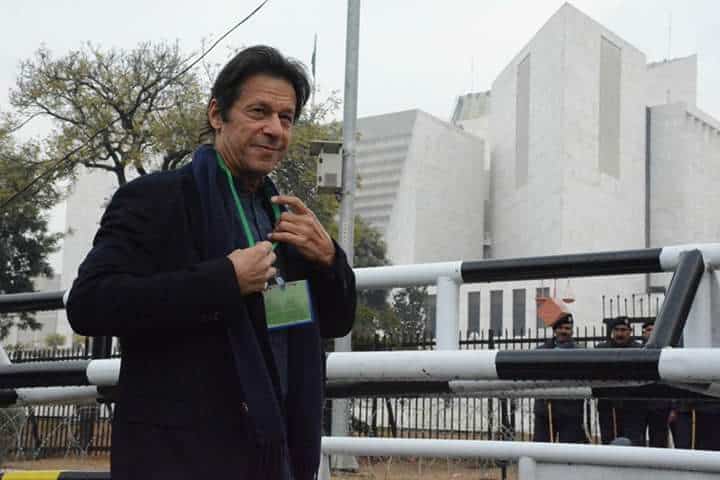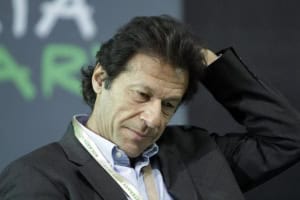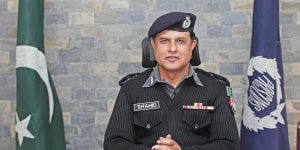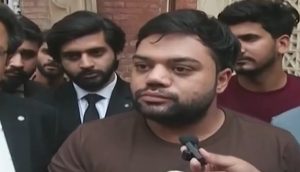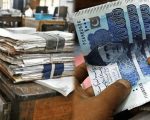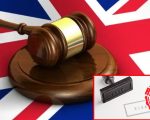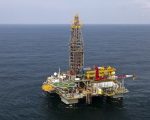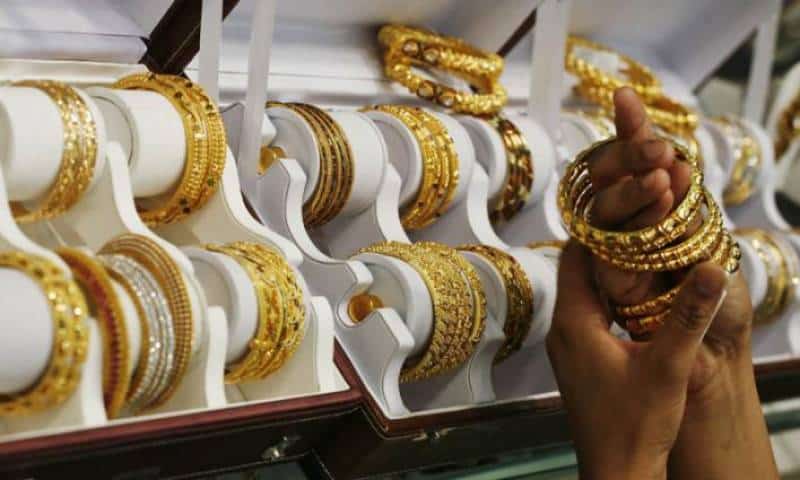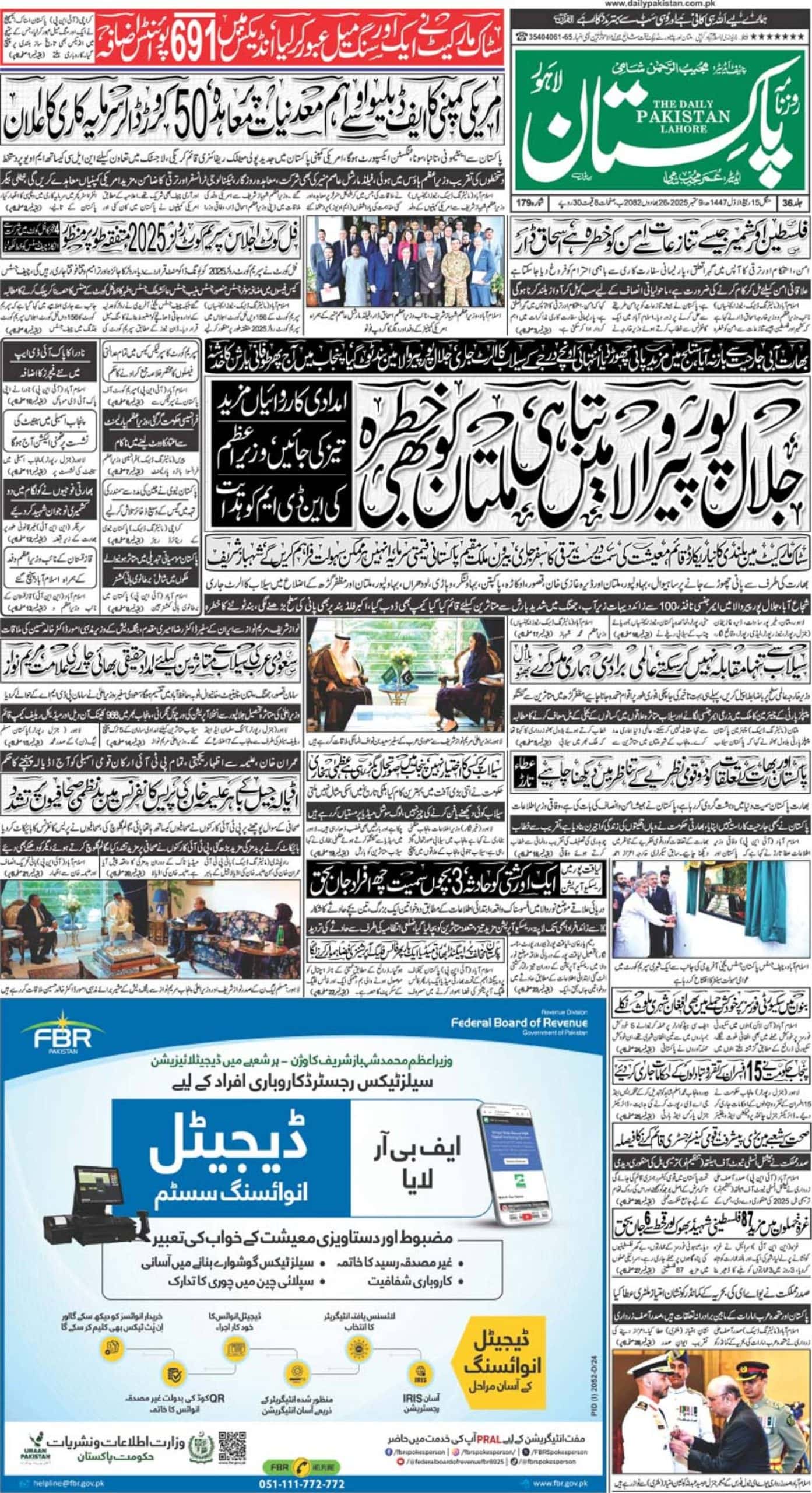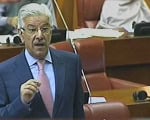ISLAMABAD – The Supreme Court of Pakistan has adjourned hearing a slew of petitions seeking a probe into Panama papers till Monday.
The five-member larger bench discussed the confessional statement of Ishaq Dar regarding money laundering and instructed NAB to provide all details regarding Ishaq Dar’s confessional statement from 2000 against Nawaz Sharif on the next hearing.
During today’s hearing Shahid Hamid, counsel for finance minister Ishq Dar kicked off his arguments by expressing that only Hamza Shehbaz was in Pakistan when the case against Ishaq Dar was disposed off.
Justice Asif Khosa posed a question to Ishaq Dar’s counsel inquiring whether a case involving Rs. 12 billion be closed without including anyone in investigations.
Shahid continued and expressed that in 1994, a FIR was filed in 1994 against Hudaibia paper mills and Hudaibia engineering.
‘Mian Sharif, Hussain Sharif, Abbas Sharif, Nawaz Sharif, Shehbaz Sharif and hamza were nominated in the FIR’ said Shahid Hamid.
He argued that a challan was submitted on the basis of FIR and the decision came out in 1997 adding that 1999, the court set free all the suspects.
To this, justice Asif Khosa replied that only the challan was abolished but the FIR was still there and how could the suspects go free when only the challan was abolished.
Justice Aijaz Afzal remarked that the Chairman NAB should have filed an appeal pertaining to money laundering case against Ishaq Dar.
To this, Shahid Hamid replied that at that time, Ishaq Dar was neither a member of national assembly nor finance minister and his confessional statement was merely a piece of paper.
However, justice Khosa refuted his opinion and observed that this was not a piece of paper as it was part of evidence but no one processed it for investigations.
Shahid Hamid expressed that the then chairman NAB lieutenant General Majeed met Ishaq Dar and confirmed him that NAB investigated his tenure when he was finance minister but found nothing illegal against him.
Justice Khosa in a categoric statement expressed that the chairman NAB appointed jointly by government and opposition did not file any appeal regarding the confessional statement of Ishaq Dar.
He remarked that the apex court would not tolerate any pressure and would continue proceedings till justice is served.
The apex court adjourned the hearing till Monday.
Meanwhile, talking to newsmen outside Supreme Court, minister for information Maryam Aurangzeb said that now Imran Khan was afraid of Ishq Dar as well. She expressed that Ishaq Dar was companion of Nawaz Sharif and the international community was appreciating hsi efforts.
‘Imran failed to present any evidence agianst Nawaz Sharif’ asserted information minister.
The second letter submitted on Thursday contained profile of Qatari prince Hammad Bin Jasim Al-Thani and states that Mian Shareef made an investment of Rs. 12 million in 1980 and the investments was in the form of cash.
The letter is accompanied by transaction details and auditor’s reports regarding the Gulf Steel Mills in Dubai and the Azizia Steel Mills in Jeddah. It also suggests that the Sharif family set up Dubai steel mills after financial support from banks and Dubai government.
An amount of $8 million which was due to Mian Sharif, was settled ‘by the way of delivery to a representative of PM Nawaz’s son Hussain Nawaz in 2006’ said the reply submitted by Salman Akram Raja.

An affidavit by Tariq Shafi outlining how the AED 12 million were deposited with Mr. Fahad bin Jassim bin Jaber Al Thani of Qatar on instructions of his uncle Mian Muhammad Sharif was also presented.
During the last hearing, Maryam Nawaz’s counsel Shahid Hamid continued his arguments before the larger bench, refuting any link of offshore firms and London flats to Maryam Nawaz Sharif.
Meanwhile, the counsel for Hassan and Hussain Nawaz submitted their replies before the Supreme Court to clarify position regarding London flats and ownership of offshore firms.
Hassan Nawaz in his reply claimed that he set up Flagship investment company in 2001.
On the other hand, Hussain claimed that he completed his education in the UK in 1996 and was involved in father’s business till October 1999 in Pakistan.
On the other hand, Shahid Hamid kicked off his arguments by expressing that there was no clear cut definition for ‘dependence’. He maintained that elderly and unemployed people can be included in the definition of dependents.
He also submitted an interview of Maryam Nawaz before the larger bench and claimed that any married woman living with her parents would be considered in the domain of dependency.
Justice Ijaz Ul Ahsan remarked that in 2011 tax returns Maryam Nawaz was clearly represented as a dependent.
Shahid went on and asserted that any unmarried woman would be dependent if she had no source of income.
He reiterated that the issue of dependency could only be dealt case to case.
Justice Aijaz Afzal said that the NAB laws also failed to define dependency issue.
Justice Asif Khosa while pressing further regarding dependency observed that for a well-established business family, a single person is the strongest one.
He inquired whether the apex court could summon that particular strongest man regarding the Panama case.
Meanwhile, the apex court asked Sharif family to present details regarding the exchange of gifts.
Counsel for prime minister Nawaz Sharif Makhdoom Ali Khan reiterated that Nawaz Sharif was not owner of any London flat under discussion before the larger bench.
Resuming his arguments before the apex court, Maryam Nawaz’s lawyer Advocate Shahid Hamid argued that he would submit tax returns regarding gifts given to the prime minister from his children.
The subject of discussion turned towards a car Maryam Nawaz was allegedly gifted by her brother Hassan.
“How was so much profit earned through the sale of the BMW?” Justice Ejaz Afzal asked.
Hamid told the court the BMW was bought by Hassan Nawaz in 2006 and gifted to Maryam Nawaz two years later.
“In 2011, Maryam Nawaz sold the BMW for Rs2 million,” Hamid said.
